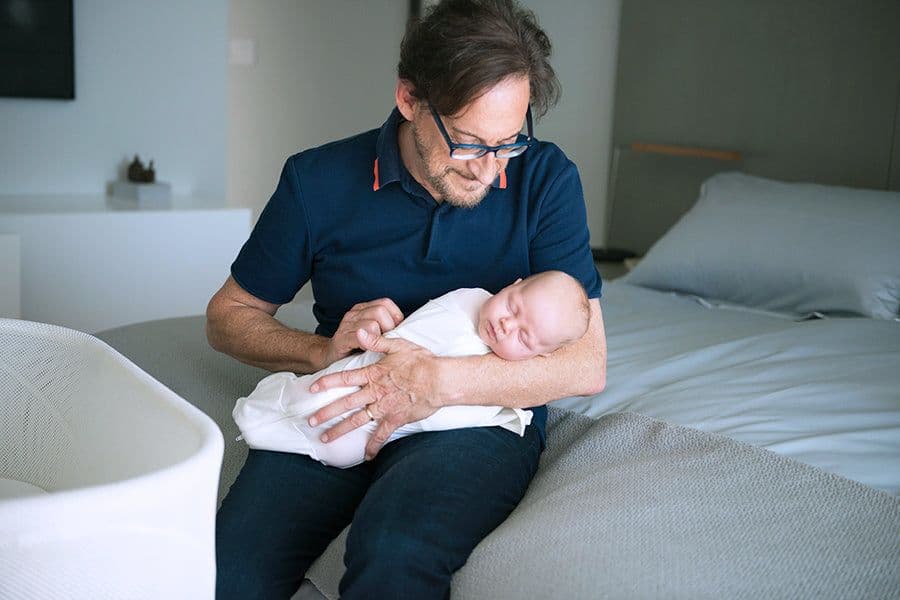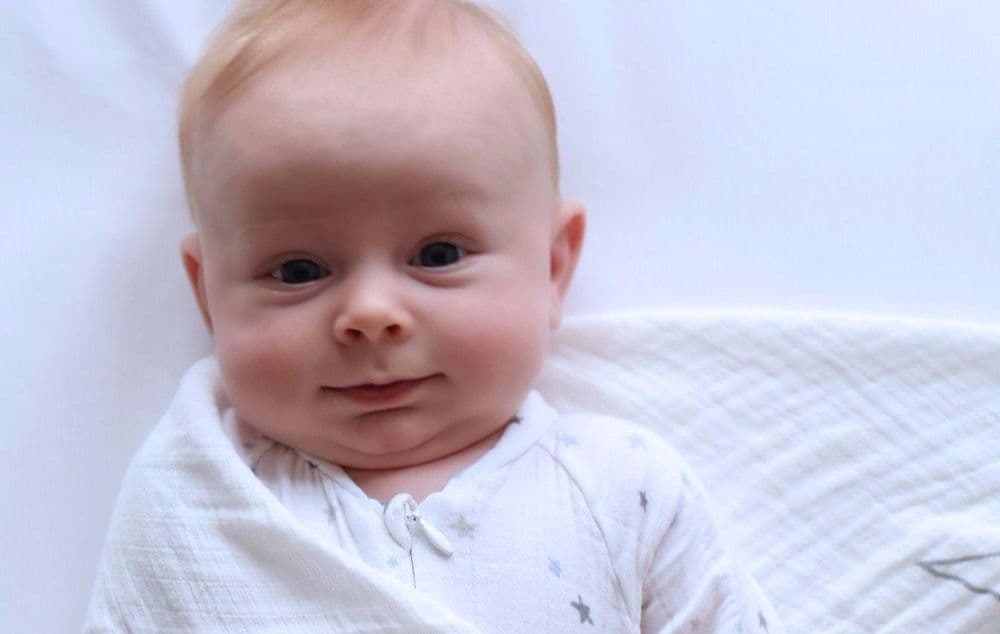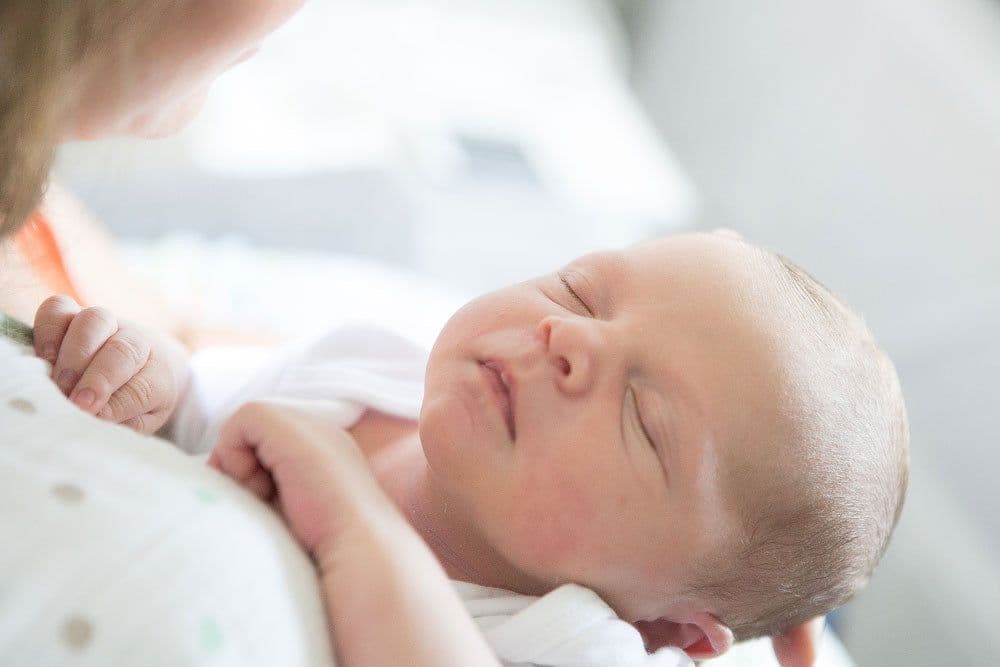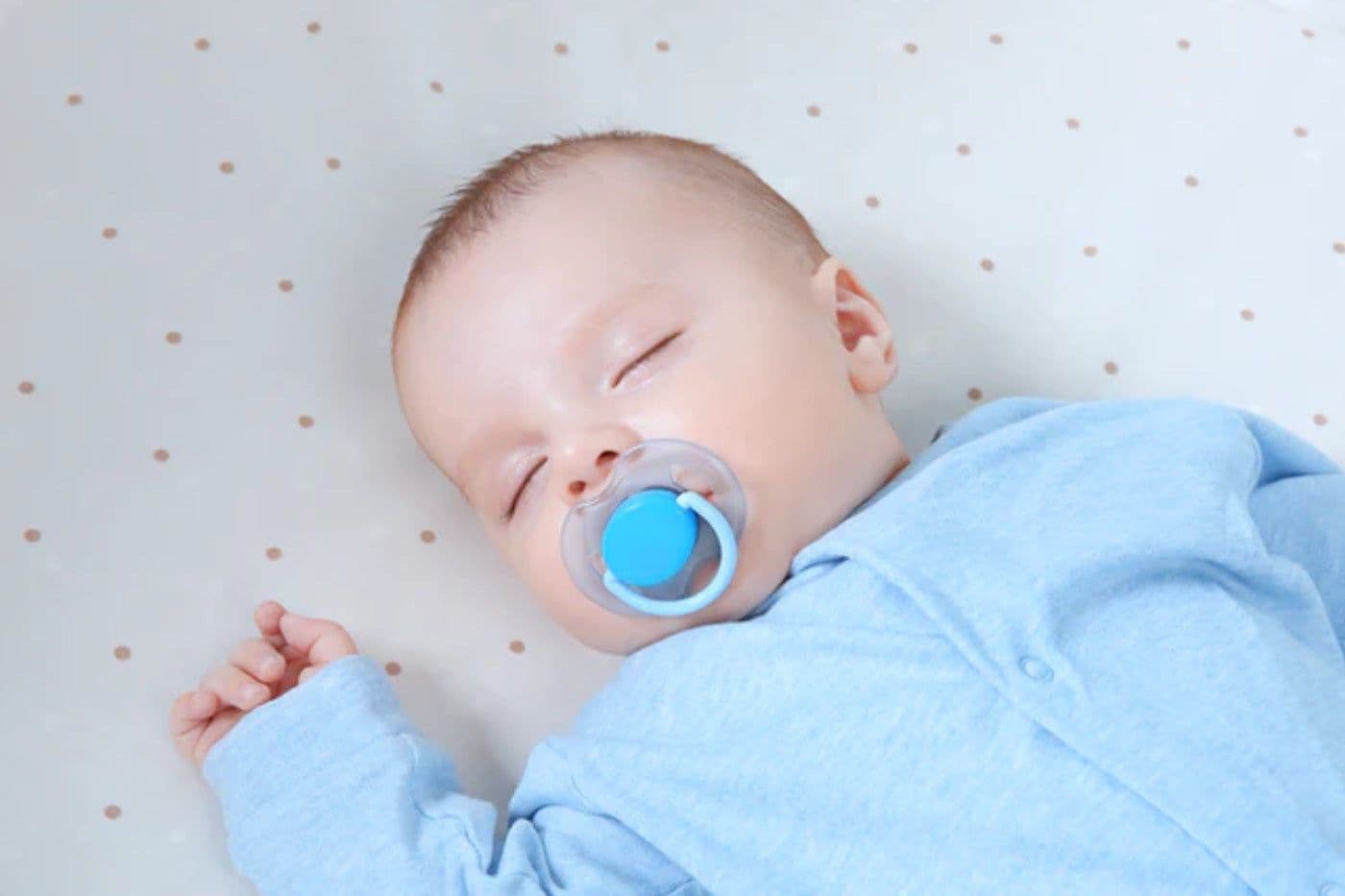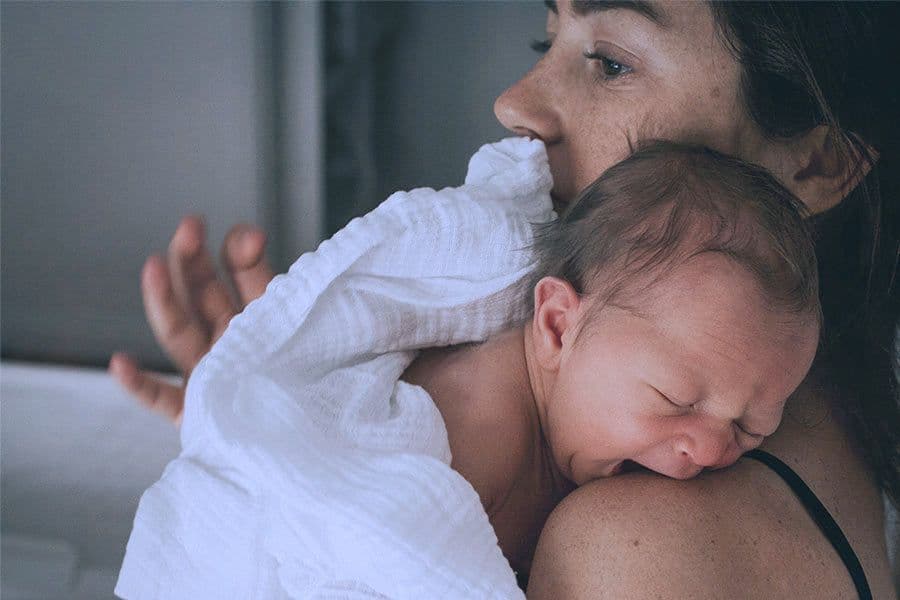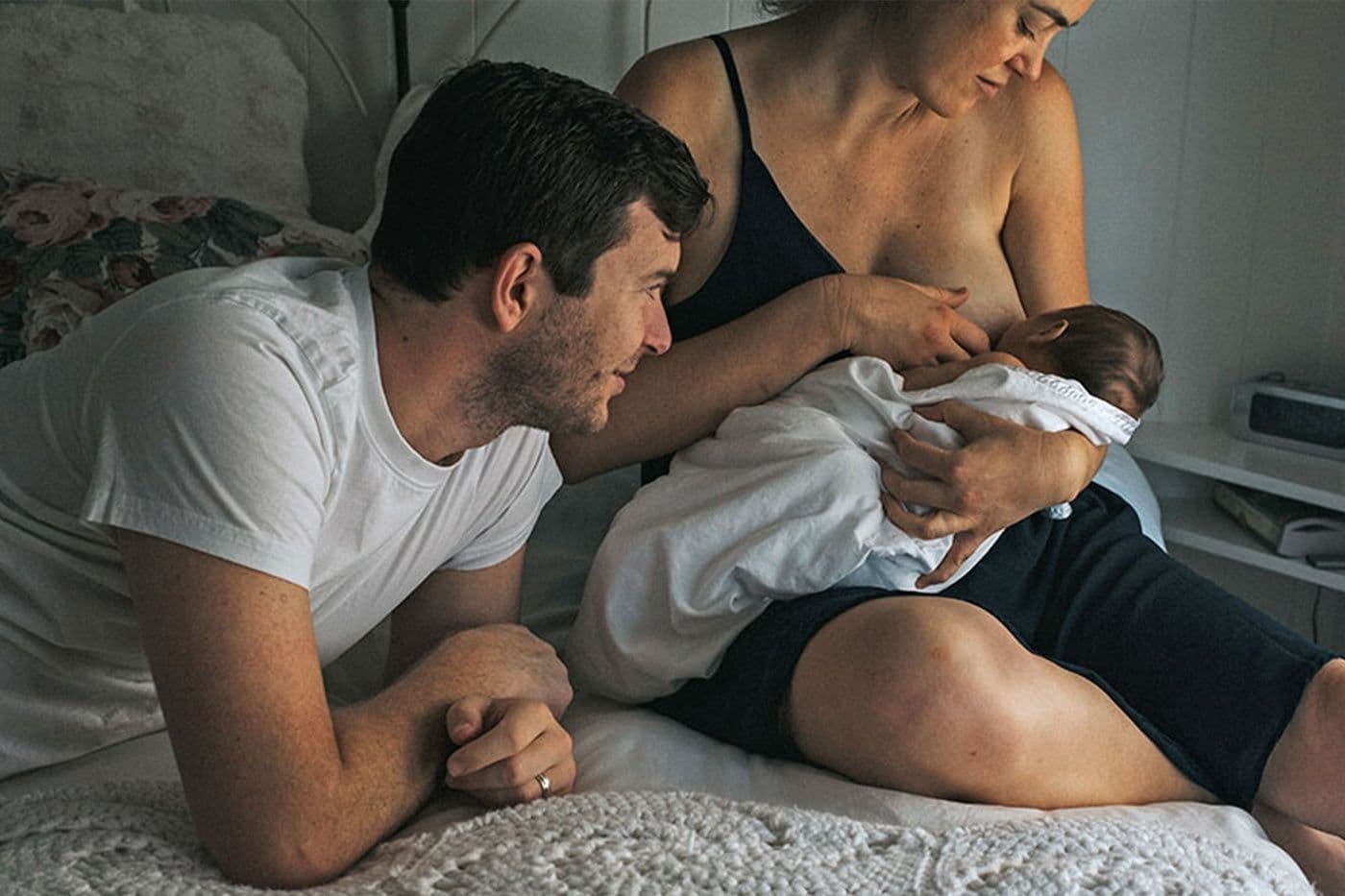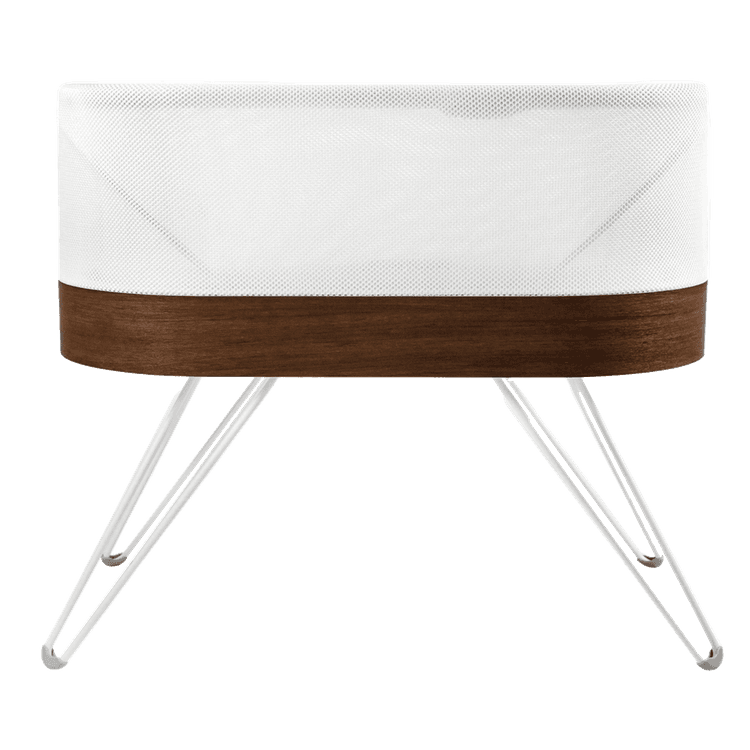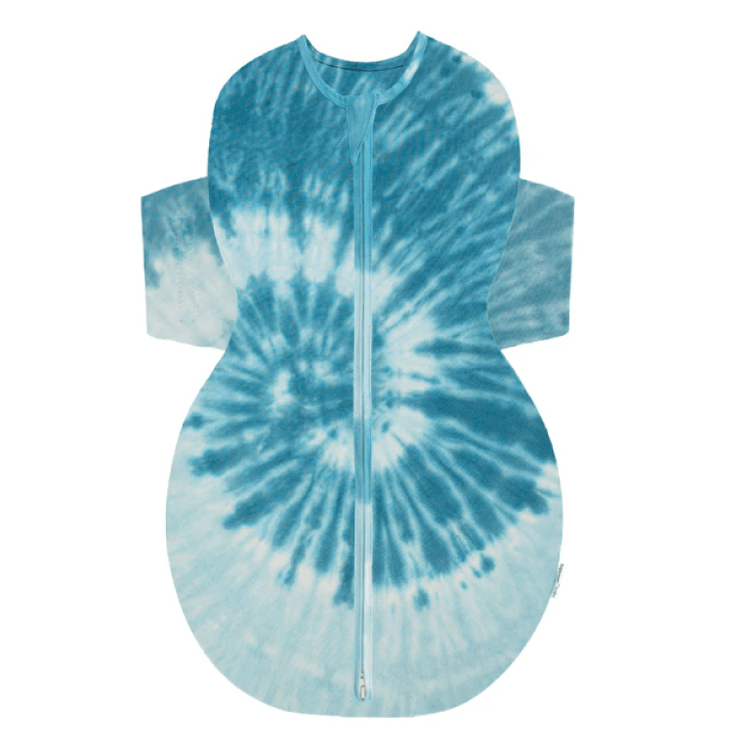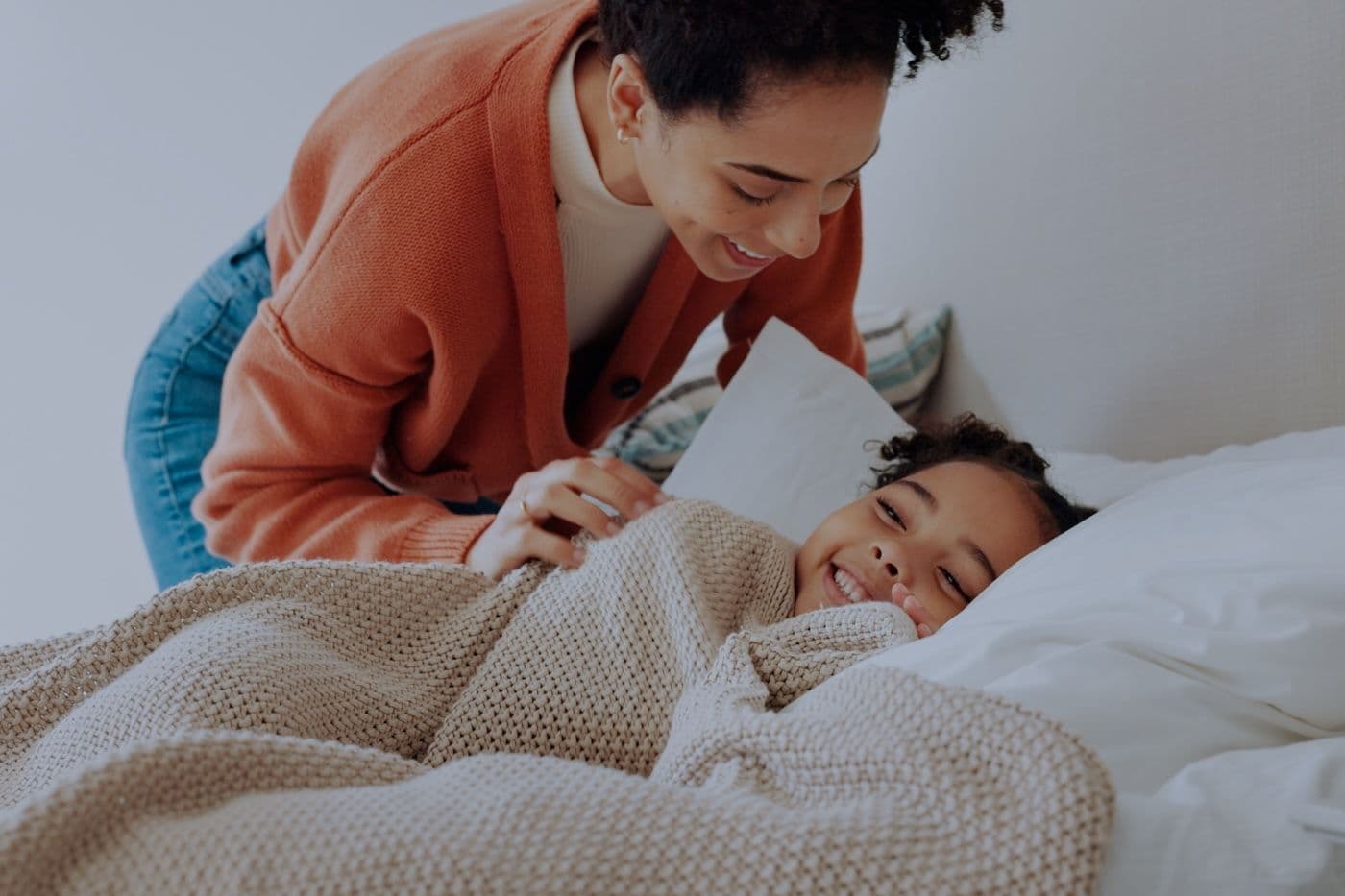TODDLER
How to Help Your Child with ADHD Sleep Better
Can poor sleep actually trigger some kids' hyperactivity?
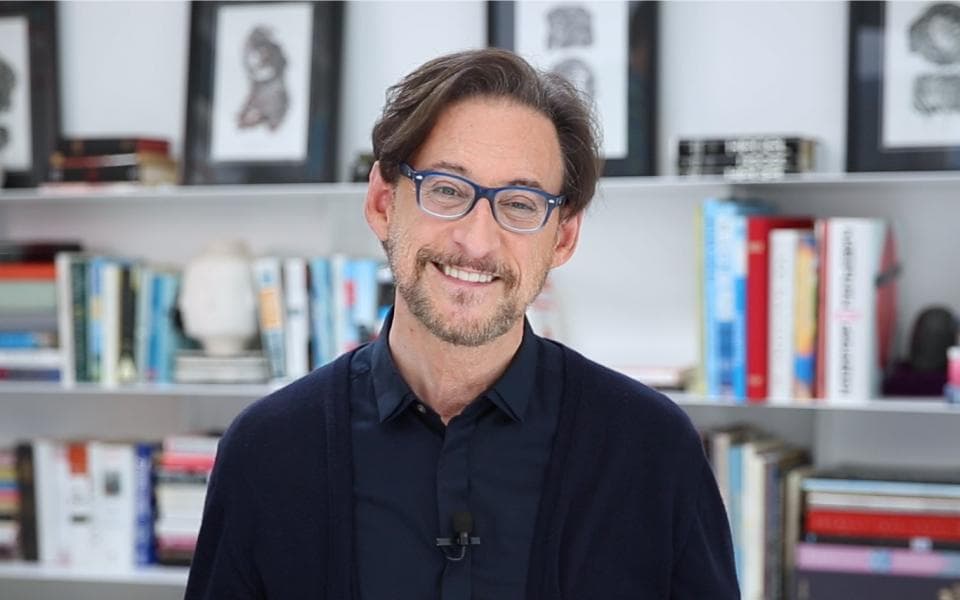
Written by
Dr. Harvey Karp
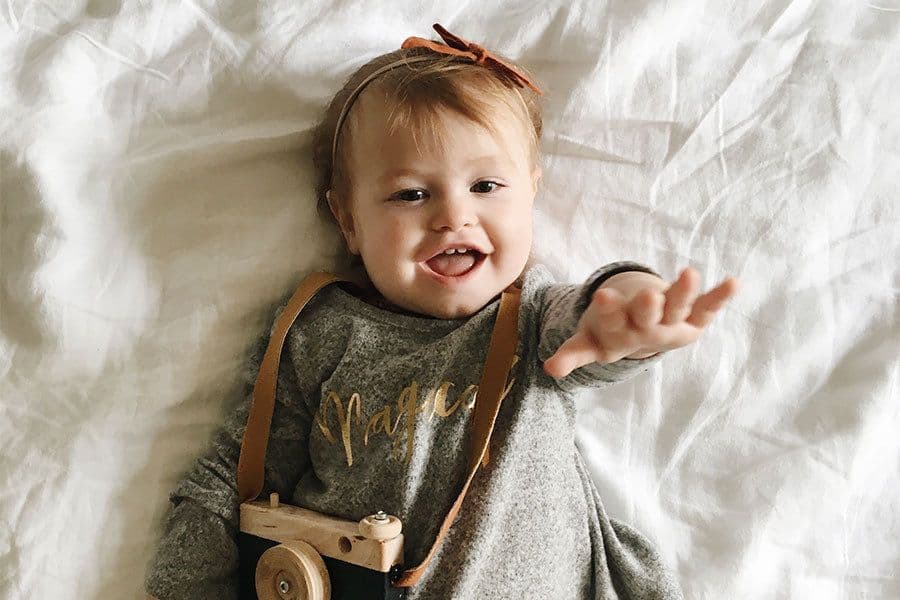
ADHD in Toddlers
Attention-deficit/hyperactivity disorder (ADHD) is a neurodevelopmental disorder said to affect about 5% of children (and adults).
Kids with ADHD are often hyper, forgetful, impulsive and distractible. (Of course, these can all be normal behaviors for any toddler, which is why doctors are very hesitant to diagnose ADHD before the age of 5.)
Short sleep and hyperactivity spiral together. Children with ADHD tend to get especially defiant, moody and wild when they’re tired. Unfortunately, that usually results in less sleep and kids who act even more wired the next day…and so the cycle continues.
What Causes ADHD in Toddlers?
Although no clinical guidelines exist for diagnosing ADHD in toddlers under the age of 4, medical professionals suggest that ADHD symptoms may first appear during these years. ADHD likely stems from a variety of factors, including genetics, brain anatomy, prenatal substance exposure, prematurity, toxins (like lead), or prematurity.
Symptoms of ADHD in Toddlers
As mentioned, children under 4 are not typically diagnosed with ADHD because the restless behaviors associated with ADHD is very common among toddlers. To diagnose a child ages 4 to 17 with ADHD, the child must show six or more symptoms in two or more settings (such as home, school, and social situations) for more than six months and cause some kind of impairment. Your doctor will examine your child’s behavior in the context of how other kids their age behave to evaluate whether your child has ADHD.
ADHD symptoms in toddlers may include:
- Restlessness
- The need to be in constant motion
- Inability to sit still; constant squirming and fid
- Nonstop talking
- Inability to play quietly
- Easily distracted from play
- Frequently interrupts others
- Has a hard time listening and paying attention
The ADHD-Poor Sleep Relationship
Children with ADHD often have sleep problems. But can poor sleep actually trigger some kids’ hyperactivity?
A study of nearly 7,000 California kids showed that preschoolers who slept less were rated by their parents as more hyperactive and less attentive in kindergarten.
The lead researcher, Erika Gaylor, speculated that poor sleep may push some children toward being more impulsive and inattentive later in life.
This suspicion that poor early sleep may lead to ADHD later in childhood is supported by a Canadian study. Researchers studying more than a 1,000 children (2-6 years old) found that toddlers sleeping less than 10 hours a night were twice as likely to become hyperactive—later, when they became preschoolers!
Sleep problems are very common in ADHD. These problems may be related to the ADHD itself or to co-occurring problems like anxiety or fear.
Also, one common effect of ADHD medicines in young children is poor sleep. (Many ADHD medications are stimulants, chemically related to amphetamine.)
How to Boost Sleep in Your Child with ADHD
If your child is diagnosed with ADHD, here are the best ways to promote sleep:
- Make sure your child exercises daily and gets some sun every day.
- Give regular, healthy meals high in fiber and containing protein and vegetables.
- Avoid foods with artificial colors and flavors.
- Avoid sweetened breakfast cereals and sugary drinks, including undiluted juice. Instead, offer naturally sweet mint or chamomile tea. (Interestingly, caffeinated drinks have been used for decades to reduce the wild behavior and impulsivity of ADHD.)
- Keep your nap schedule consistent.
- Practice magic breathing and patience-stretching every day.
- Create stable and reliable pre-bedtime routines, including quiet play, reading, massage, white noise, and dimmed lights. (Turn off bright TV, computer and video game screens.)
- Take screens out of his room.
- Avoid roughhousing, family arguments, and loud or scary TV shows before bedtime.
- Get your child into bed before he’s overtired.
- Ask your child’s doctor about medication side effects and see if you use a regimen that minimizes sleep problems. (Also, ask about using melatonin as a sleep enhancer.)
Treat any allergies, snoring problems, or other sleep disruptors.
Disclaimer: The information on our site is NOT medical advice for any specific person or condition. It is only meant as general information. If you have any medical questions and concerns about your child or yourself, please contact your health provider.
SHARE THIS ARTICLE
MOST LOVED
Sleepytime Sidekicks
